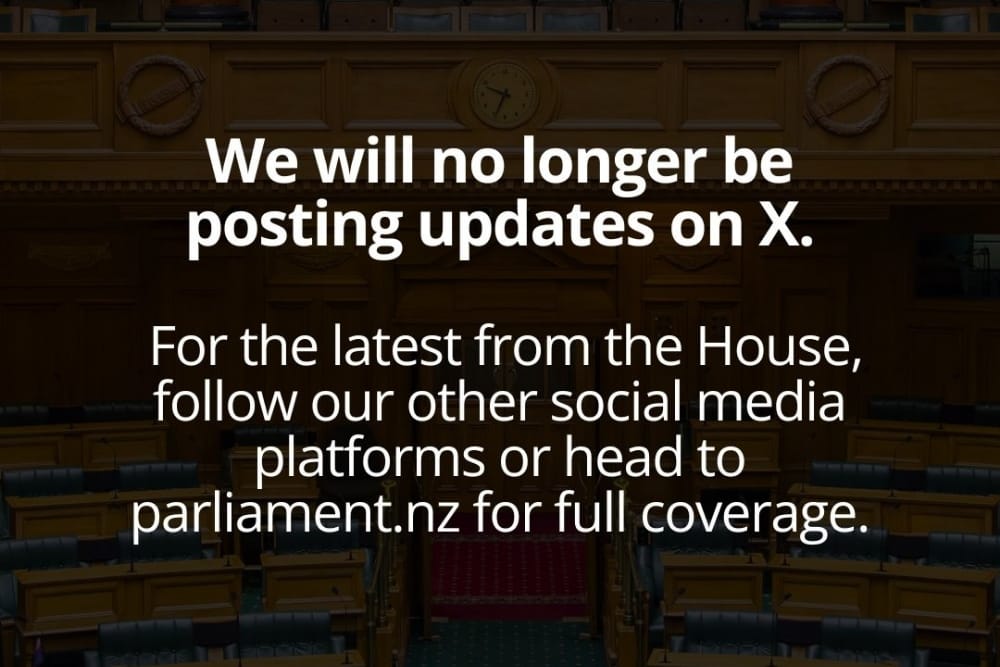By Mike Bain. – The Daily Examiner.
Justice Minister Paul Goldsmith announced on Wednesday’s Morning Report on RNZ that Cabinet will reinstate a total ban on prisoners voting in general elections, dismissing recommendations from the High Court, Electoral Commission, and Waitangi Tribunal.
This decision reverses the previous Labour government’s policy, which allowed prisoners serving less than three years to vote. Former Justice Minister Andrew Little justified this policy by arguing that such prisoners would likely return to the community before the next election and should have the right to participate in choosing their leaders.

Goldsmith criticized the Labour government’s approach as “soft on crime” and emphasized that the ban reflects the balance between rights and responsibilities in a modern society.
“If you breach those responsibilities to the extent that you’re sentenced to prison, then temporarily you’d lose some rights—including that to vote.” said Goldsmith.
He also highlighted that the ban ensures consistency regardless of sentence length and underscores the importance of civic responsibility.
However, dissenting voices have challenged this stance.
The High Court ruled in 2015 that a blanket ban on prisoner voting was an unjustifiable limitation on rights protected by the New Zealand Bill of Rights Act.
The Independent Electoral Review, established in 2022, echoed this sentiment in its 2024 report, advocating for prisoners’ voting rights.
Additionally, the Waitangi Tribunal urged the government in 2019 to remove the ban, citing its disproportionate impact on Māori prisoners.
Goldsmith dismissed these recommendations, stating, “The Electoral Commission can come up with suggestions, but we don’t necessarily have to agree with them.”
The new ban, set to be included in the Electoral Amendment Bill, will not apply to individuals on remand or those sentenced to home detention.
It will also not be retrospective, allowing prisoners already serving sentences of less than three years to vote in the 2026 election.
Globally, the approach to prisoner voting rights varies significantly.
In countries like Canada, Denmark, and South Africa, prisoners retain the right to vote even while incarcerated.
Conversely, nations such as the United States and New Zealand impose restrictions, with the U.S. being particularly stringent, often disenfranchising individuals even after their release.
These differences highlight the ongoing debate about balancing civic rights and responsibilities across democracies.







